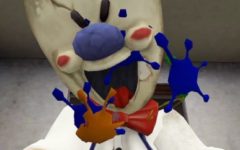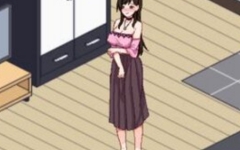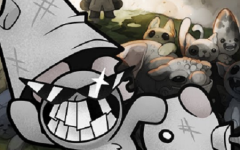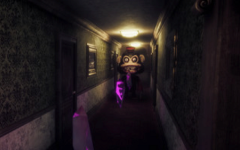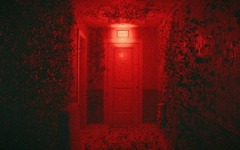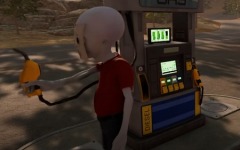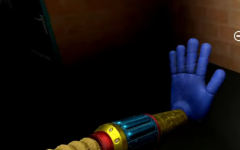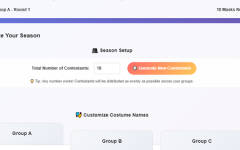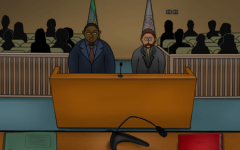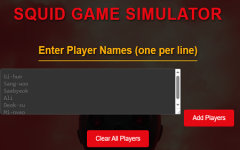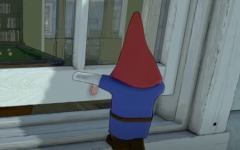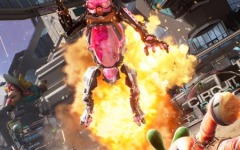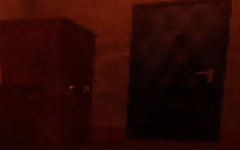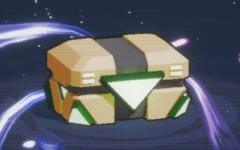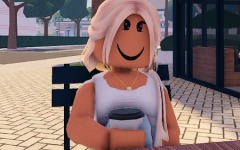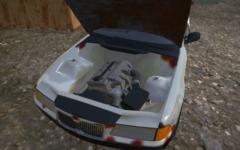Advertisement
Brainrot Merge – Drop Puzzle
Advertisement

Brainrot Merge – Drop Puzzle is a combination game that merges falling block mechanics with number fusion. The player is presented with a vertical grid where pieces drop from above, each carrying a numerical value. The objective is to combine matching numbers to form higher values, clearing space and creating chains. Every move must be considered, as the available area gradually fills, limiting future options. Once the grid is full with no more valid merges, the session ends, and the final score is recorded based on the player’s best combinations.
Number Matching and Grid Control
Each falling piece holds a number, and when it lands on or next to a tile with the same value, they merge into a single tile with a doubled number. The game rewards planning, since setting up multiple merges in sequence leads to combo bonuses. Unlike traditional drop games, the emphasis here is on math and structure, rather than speed. There is no time pressure, allowing players to focus on the placement and outcome of every move. Higher number tiles take up more space, so positioning them carefully becomes critical for survival.
Core Game Functions and Elements
Players must interact with the following core mechanics to succeed:
- Dropping numbered tiles onto the grid
- Merging identical values to create larger numbers
- Clearing space through successful merges
- Triggering chain reactions for bonus points
- Managing space to avoid filling the board
Each match changes the structure of the board, sometimes clearing paths, other times creating new obstacles. Long-term survival depends on keeping open zones and avoiding isolated numbers that cannot be matched. The game keeps track of high scores, encouraging replay to surpass previous records. Learning to anticipate future piece types helps to develop better grid patterns over time.
Strategic Play and Risk Management
As the board grows crowded, decisions become riskier. Placing a piece in the wrong spot can block multiple merge paths, while clever placements can cause unexpected chain reactions. Players must weigh immediate gains against future possibilities. Saving space by forcing merges early may be safer than holding out for better combos. The absence of a preview system makes prediction and structure more important than reaction time. Each session feels unique due to the randomness of drops and the evolving state of the board.
Replay Value and Challenge Scaling
Brainrot merge – drop puzzle builds long-term engagement by allowing players to experiment with merging strategies. As higher number tiles are created, the difficulty rises, and fewer merge options remain available. Players improve over time by recognizing patterns and managing their grid more efficiently. The challenge lies not in speed but in space conservation and smart merging. Even short sessions can offer progress, while longer games push the player’s strategic thinking further. The simple mechanics allow for complex outcomes, making every attempt a new puzzle to solve.






















































































































